!EXCLUSIVE! WE HEAR FROM PETER MOORE VIA FAMILY SPOKESPERSON … PLANET RESPONDS TO BB EDITORIAL … LETTERS TO THE EDITOR ON ‘NILAN v. VALENTI’: THANKS TO ALL … FIRST AMENDMENT IS AMERICA ‘AS’ AMERICA, or A REFLECTION ON THE MOST IMPORTANT 45 WORDS IN THE BODY OF THE U.S.’s FOUNDING DOCUMENTS
By DAN VALENTI
PLANET VALENTI News and Commentary
(FORTRESS OF SOLITUDE, FRIDAY JULY 13, 2012) — First, we share this exclusive on Peter Moore, the victim of Meredith Nilan’s negligent driving on Dec. 8, 2012. He’s the victim in the sad affair, remember?
A spokesman for the Moore family noted that supreme irony of the Nilan-Moore Case‘s aftermath as it pertains to the privilege of driving a motor vehicle. Remember, unlike our First Amendment rights, driving a motor vehicle is not an “unalienable” right. You have to earn the privilege and continue to demonstrate you’re worthy of same.
As only one of his serious injuries (broken neck, broken leg, etc.), Peter Moore suffered traumatic brain injury. As a consequence, he lost his license to drive. There is a mandate in the Commonwealth that requires the victim of such an injury to reapply for a license, to demonstrate that their brain trauma has not robbed them of cerebral functions necessary to operate a vehicle on the road.
He Was Grounded, while She Kept Motoring
“Peter fully understands why his license was suspended,” the Moore family spokesperson said. “He fully supports the state of Massachusetts mandate that he prove that he is capable of safely operating a motor vehicle before being allowed back on the road. Meredith Nilan, on the other hand, never lost her driver’s license. Peter thinks it grossly unfair that the person who caused his predicament was not similarly sanctioned. He was without his license for three months.”
Loss of license will upset the family dynamics of even the most harmonious household, lead to large inconvenience, and add one more stressful hassle to a long list of problems, concerns, and worries. THE PLANET shares Peter Moore’s outrage that Ms. Nilan essentially received little to no punishment, particularly as it pertained to her privilege of driving, even though her “negligent” driving, to which she pleaded guilty in court, nearly took a man’s life.
Peter Moore has since reapplied for his license, and, we are pleased to say, has by his regained abilities restored his privilege to drive.
—————————————————————-
WHAT’S A JOURNALIST? WHO’s A JOURNALIST?
A couple days ago, the Boring Broadsheet published their editorial following THE PLANET’s court victory. That same day, we sent in our reponse, to the BB’s “Letters” page. As of this writing, we have not seen the letter published in the BB. No problem. We publish it here.
In an unsigned editorial, the BB wrote:
—– 00 —–
‘Proper Call but Not a Victory for Journalists’
A Central Berkshire District Court judge made the proper call on a First Amendment basis Monday in lifting the harassment prevention order Meredith Nilan had filed against local blogger Dan Valenti. But while it was a victory for Mr. Valenti it was not a victory for all journalists.
Free speech and freedom of the press are concepts at the foundation of our way of life and judges must be careful not to set precedents that threaten them. District Court Judge Bethzaida Sanabria-Vega undermined those principles June 27 when she ordered Mr. Valenti to remove all references to Meredith Nilan, who struck and severely injured a Pittsfield man with her car last December, from his blog, and Central Berkshire District Court Judge Mark Mason’s ruling restored order.
Ms. Nilan is the daughter of Clifford Nilan, the head of the Berkshire Superior Court’s Probation Department, and the initial handling of her case led to considerable Internet speculation about possible favoritism because of her father’s influence. Much of this speculation was unkind and a Las Vegas man who allegedly threatened her life is facing criminal charges. We don’t doubt that Ms. Nilan found this attention to be upsetting, but while she asserted in court she wasn’t there to argue about free speech, that is what this case was indeed about.
Courtesy of the Internet, journalists now come in all stripes, and it is the responsibility of bloggers to act responsibly and
in so do doing protect the right to a free press and not hide behind it. In their battles with the traditional media that they regard as hidebound by all their rules involving fairness and fact-checking, bloggers often walk “a very, very fine line,” as Judge Mason cautioned Mr. Valenti in reference to one of his comments. Irresponsibly crossing that line can invite court actions that may shake the First Amendment. Monday’s decision was less a journalistic victory than the dodging of a bullet.
As for the Nilan case, it was decided last month when one count of negligent operation of a motor vehicle was continued without a finding for six months and another charge was dismissed. There is really nothing more to be said, or blogged.
—– 00 —–
We responded:
BB’s Stance on Verdict Shows Why Its Circulation is Falling and Ours is on the Rise
To the Editor:
In response to your July 11 editorial, we agree. Judge Mason’s decision in Nilan v. Valenti was a victory for the First Amendment and for me. We disagree, however, with your statement: “It was not a victory for all journalists.”
Do you not understand what and who is a journalist? Not all bloggers are journalists, of course, though they are protected by First Amendment rights of free speech and free press. As back in America’s founding days, anyone who printed a pamphlet or hand wrote a comment on a piece of paper had the right to publish those messages. Today, we have added cyberspace to the traditional media of print and broadcasting.
I have worked in print and broadcast all my professional life. I entered that life having earned master’s degree in journalism from Syracuse University. I have published four million words, appeared on radio and TV 4,000 times, and have taught the equivalent of 4,000 college classes in writing, composition, communication, mass media, and journalism. That’s the kind of resume that makes one a journalist.
Judge Mason’s comment about “walking a fine line” was directed at one phrase out of the million or so words I have published on PLANET VALENTI. To take it out of context as your editorial does is to distort the meaning of the judge’s comment. I should know. I was in court that day. You weren’t.
Your statement that “the Nilan case” has been decided and that “[t]here is really nothing more to be said or blogged” sadly misses the mark. That attitude has kept your once-proud newspaper in the dumps. Our actions in practicing the art and science of journalism keep our circulation on the rise.
LETTERS TO THE EDITOR: THANKS TO ALL
In addition to the hundreds of posts we have received in light of Monday’s ruling by Judge Mark Mason to overturn the restraining order bizarrely put into place by Judge Bethzaida Vega, we have received a huge volume of mail sent electronically and by post. We can’t possibly print them all, and we thank everyone for taking the time to express their good wishes and to share their happiness over the outcome of our case.
RUMINATIONS ON THE HEART AND SOUL OF AMERICA
Since recents events have presented the opportunity, since they no longer teach civics in public schools, and since apathy and dispiritedness keep participation in elections at ridiculously low levels, We the People may have forgotten that they — not elected and appointed officials — own the government.
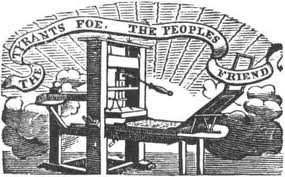 It stands, therefore, as a convenient time to discuss the 45 words that keep America as America. There are pressures from the State to make these words fiction rather than non-fiction. Here are the words:
It stands, therefore, as a convenient time to discuss the 45 words that keep America as America. There are pressures from the State to make these words fiction rather than non-fiction. Here are the words:
Congress shall make no law respecting an establishment of religion, or prohibiting the free exercise thereof; or abridging the freedom of speech, or of the press; or the right of the people peaceably to assemble, and to petition the Government for a redress of grievances.
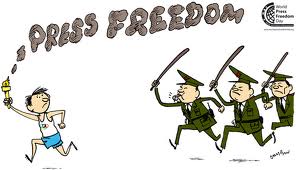 Simple words, elegant for their clarity. Of course, over time, courts have interpreted these words in various ways, from rigid as steel to as flexible as Plastic Man.
Simple words, elegant for their clarity. Of course, over time, courts have interpreted these words in various ways, from rigid as steel to as flexible as Plastic Man.
For the most part, the U.S. Supreme Court has upheld the words of these rights to mean what they say. A couple weeks ago, in an important ruling with profound free-speech implications, in Alvarez v. the United States, the justices ruled 6-3 in favor of free speech, saying that even a lie is protected as long as it doesn’t attempt to deliberately defraud and as long as it isn’t given in court under oath.
Famous Supreme Court cases upholding freedom of the press include New York Times v. United States (1971, the court upholds the publication of the Pentagon Papers) and New York Times v. Sullivan (1964). There are many more, the latest being the decision in THE PLANET‘s case, which has received wide press nationwide. As you may know, Judge Mark Mason ruled on Monday, July 9, in favor of the journalist and against the person looking to muzzle. Citizens and press rejoiced (except the anonymous editorial page scribe of the Boring Broadsheet).
In short, the First Amendment, more than any other foundational document, makes America synonymous with “freedom.” It doesn’t take the country to get involved in disastrous wars to prove its dedication to freedom. It simply takes support for First Amendment rights.
The Five-Point Star of Freedom
The Illinois 1st Amendment Center posts this on the Five Freedoms, incidentally subject of a series of famous paintings by an artist who lived in and painted them in THE PLANET‘s hometown of Stockbridge, Mass.:
The 5 First Amendment Freedoms
Speech
The First Amendment says that people have the right to speak freely without government interference.
Press
The First Amendment gives the press the right to publish news, information and opinions without government interference. This also means people have the right to publish their own newspapers, newsletters, magazines, etc.
Religion
The First Amendment prohibits government from establishing a religion and protects each person’s right to practice (or not practice) any faith without government interference.
Petition
The First Amendment says that people have the right to appeal to government in favor of or against policies that affect them or that they feel strongly about. This freedom includes the right to gather signatures in support of a cause and to lobby legislative bodies for or against legislation.
Assembly
The First Amendment says that people have the right to gather in public to march, protest, demonstrate, carry signs and otherwise express their views in a nonviolent way. It also means people can join and associate with groups and organizations without interference.
THE PLANET cherishes all five freedoms, but freedom of speech and press are most relevant to us, both as citizen and writer.
United States citizens have the right — not granted by privilege, rank, status, wealth, or any other of the crass qualifiers that have stifled and continue to stifle good, decent citizens in countries the world over — to say what we want to say and to publish what we want to say, whether fact or opinion, without government interfering. This is what keeps us from becoming North Korea or Uganda. As Jimmy Durante once notably put it, “Stay ta heck out of Da Peepuls Bizness!” It should not matter, though it often does, that if you Know Somebody — if, for example, your daddy is a big shot capable of getting you out of scrapes — you are above the law.
The 1st Amendment Center writes:
Like that Blog?

Thank John Peter Zenger.
Thanks to John Peter Zenger you can sit in your room and share your thoughts on your own personal blog and not worry that the government will toss you in jail. Zenger was a newspaper publisher who saw his life’s work go up in flames and was then forced to defend himself against libel charges in 1735 when the government didn’t like what he had to say. The Trial of John Peter Zenger is often seen as the cornerstone court case of American press freedom.
It’s generally known as “the Press” in our country because, when the founding fathers wrote freedom of the press into the Bill of Rights, the printing press was the most popular form of mass communication. Today we call it “the media.”
“PRESS” is an extremely broad term. It includes all systems that make information available to people: newspapers, television, radio, books, lectures, movies, art, dance, telephone, cassettes, CDs, DVDs, magazines, electronic bulletin boards, computer networks, billboards, video tapes… you name it.
All of the world’s major religions, philosophies, schools of political thought, and systems of government were spread through writing. In fact, the spread of civilization, religion, and the written word occurred simultaneously, each dependent on the other.
Protecting the Freedom of the Press leads to…
- The Discovery of Truth
- Facilitating Participation by Citizens in Political Decision-Making
- Creating a More Adaptable and Stable Community
- Assuring Individual Self-Fulfillment
- Checking Abuse of Governmental Power
- Promoting Tolerance
- Creating a More Interesting Community
Protecting the Freedom of the Press protects your right to know.
An attack on this freedom is an attack on the country itself. An attack on this freedom is a slap in the face to every soldier who hopped out of Higgins Boats on June 6, 1944, to wade surf and mire in sand on Omaha Beach. They and countless of other men and women have sacrificed all so we may enjoy this precious liberty.
Study your history. It’s no accident that when a dictator takes over power, the first thing he or she does is suspend personal liberty, and the first among those is freedom of the press. As Lenin famously remarked, “Words are far more dangerous than weapons.”
Back in the 1960s, a TV show called The Defenders starring E.G. Marshall used to begin with the narrator saying these words: “Democracy is a very bad form of government, but all the others are so much worse.” Point made. Democracy is messy.
Arriving at Truth in a Democracy is Like Watching Armour Make Sausage
After their shocking upset of colonial England in the American Revolution, the Founding Fathers debated what kind of government they wanted. It was Rock ’em Sock ’em Robots in cravats and powdered wigs, except when the wigs flew and the shouts and fists shook off the powder. They knew they didn’t want a king, monarch, or any other pseudo-divine emperor. They wanted a government of, by, and for The People.
Enter democracy.
In a democracy, we arrive at the truth by allowing everyone who wants it a say. We don’t fear unpopular opinions. We don’t fret harsh words. We hash it out with debate, discussion, deliberation, and disputation. The national vegetable of this country has to be rhubarb. In hashing things out, there’s going to be hurt feelings, anger, feelings of persecution, and all sorts of emotions unleashed. Can’t be helped, and in fact, if it’s not this way, we probably aren’t dealing with democracy at all.
Even though we have representative democracy, We The People are still the boss. We hire the temporary help to do our bidding. Sounds great, eh?
That’s how it was drawn up on the flip chart. The reality, of course, is far different. Theory — any theory governing human behavior in politics, economics, sociology, psychology, you name it —never jumps off the flip chart onto the streets and remains intact. It Humpty Dumpties in a lot of pieces. All the king’s horses and all the king’s men … you know the rest.” Nonetheless, as “The Defenders” said, what are going to propose in democracy’s place?
Can we all agree, therefore, that we should keep democracy around. If so, the question becomes: How do we improve it? One way is by fighting any attempt to eat away the power of The Little Guy or the press who speaks out in his and her names. That’s what Nilan v. Valenti amounted to, an attempt to defend the country itself. Resist much. Obey little. Do the right thing.
The Free Markeplace of Ideas Isn’t a Quaint Notion
The theory is that by allowing a “free marketplace of ideas,” which has been THE PLANET’s purpose for existence since its founding, truth would emerge on the basis of good faith, reason, evidence, and logic. We should never feel threatened by even the wildest, most vicious, most haywire ideas. There are even times when you should yell “Fire!” in a crowded theater, and that’s when the the theater is burning down.
If we allow ideas, we should have confidence that the blatantly bad ones they will not carry the day. Judge Vega did not understand that concept in Nilan v. Valenti. Judge Mason, a far more insightful jurist, did.
Truth will win out. Often, the truth hurts people. Truth tellers often go against the grain of Conventional Wisdom, Accepted Practice, to call into question The System, The Way It Is, and all other forms of the calcified and corrupt Status Quo. Truth tellers often have to walk that thin line. Fortunately, the First Amendment forms the wide plank underneath that line.
This theory of government assumes that in practice, We the People must remain vigilant and involved in government. Sadly, the trend is the opposite. That’s when websites such as this one come to the front to take up the battle.
—————————————————————————–
END
“OPEN THE WINDOW, AUNT MILLIE.”
LOVE TO ALL.



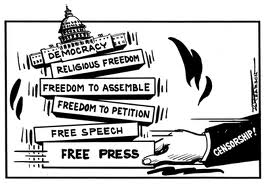
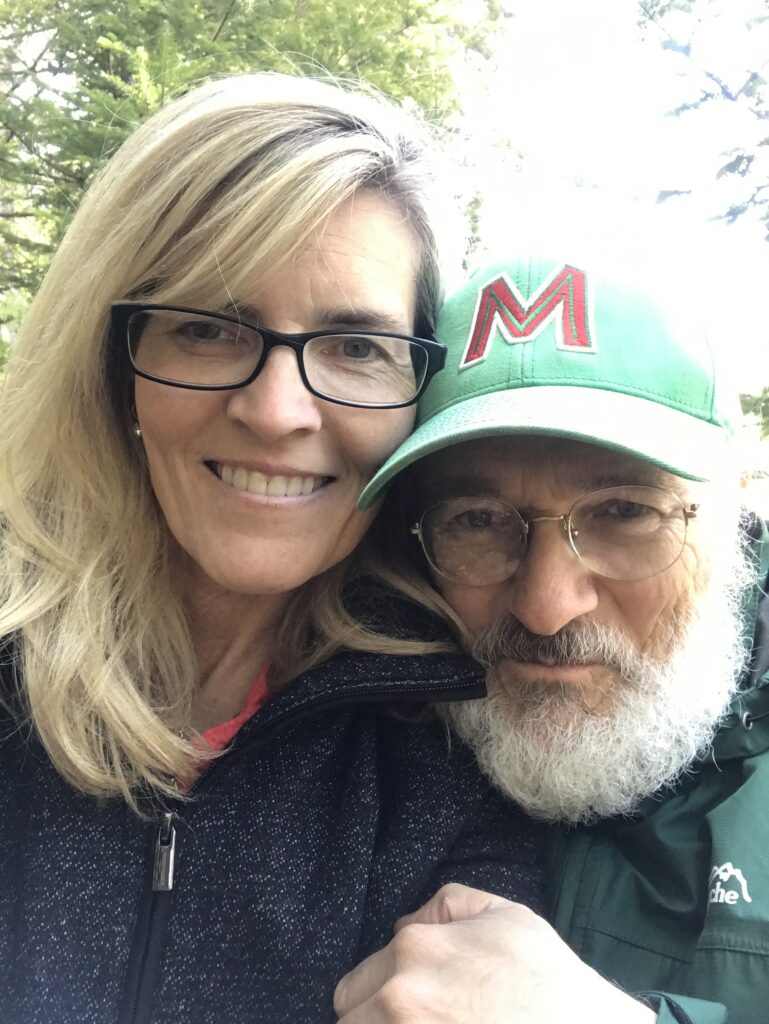
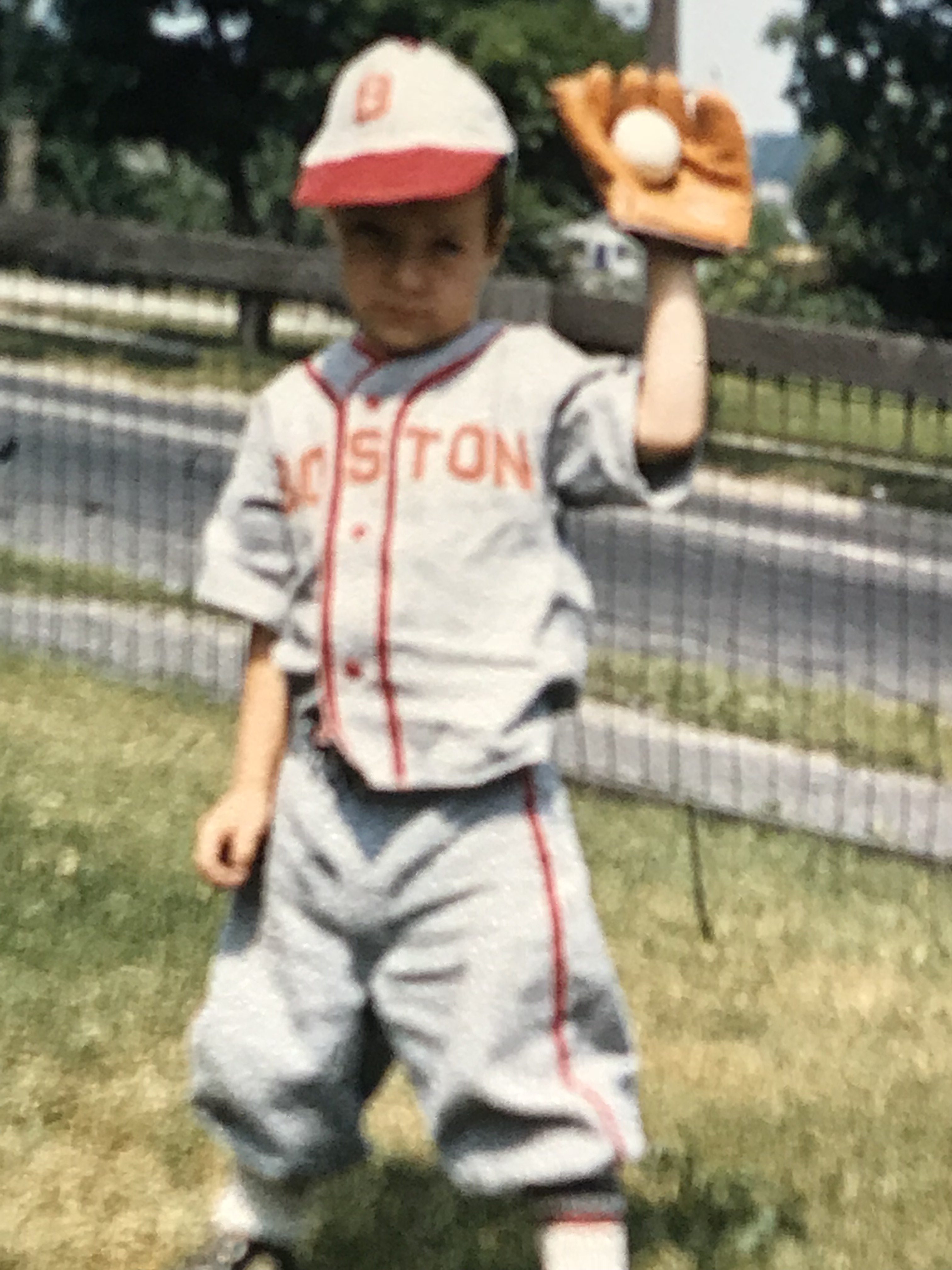
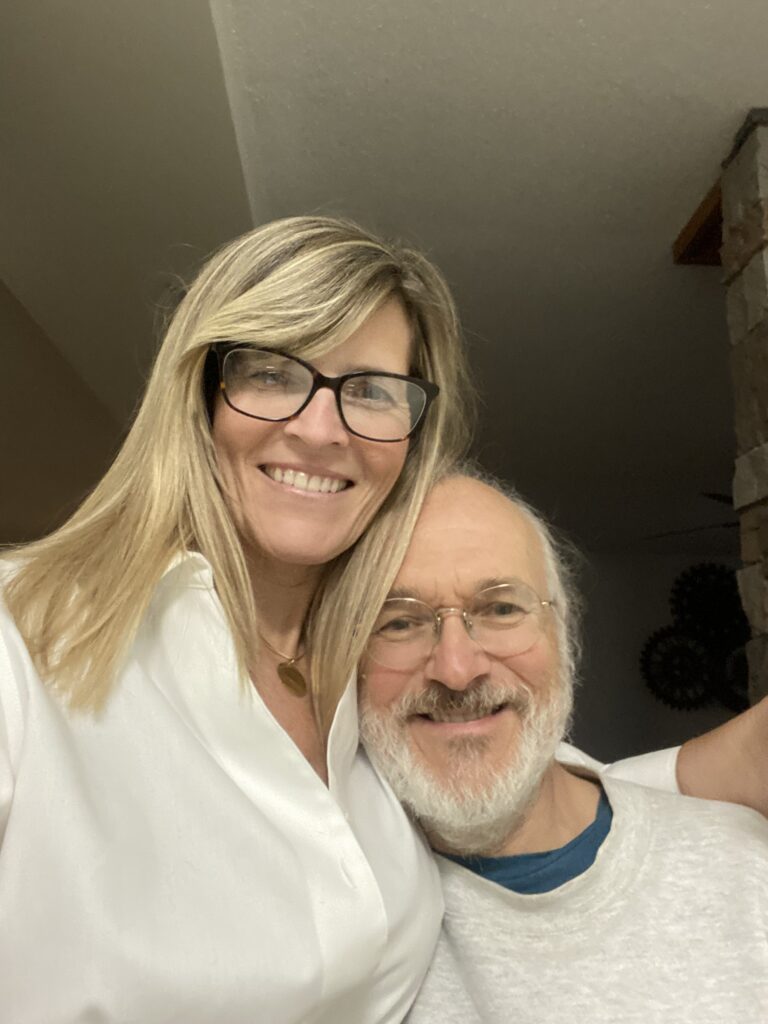

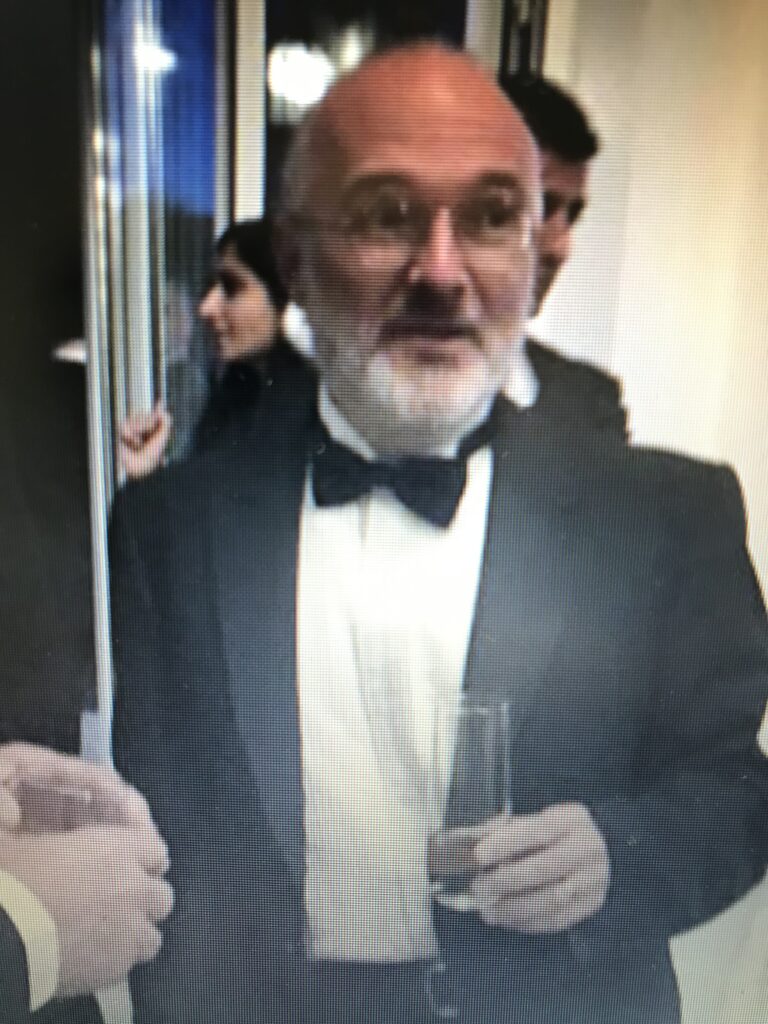

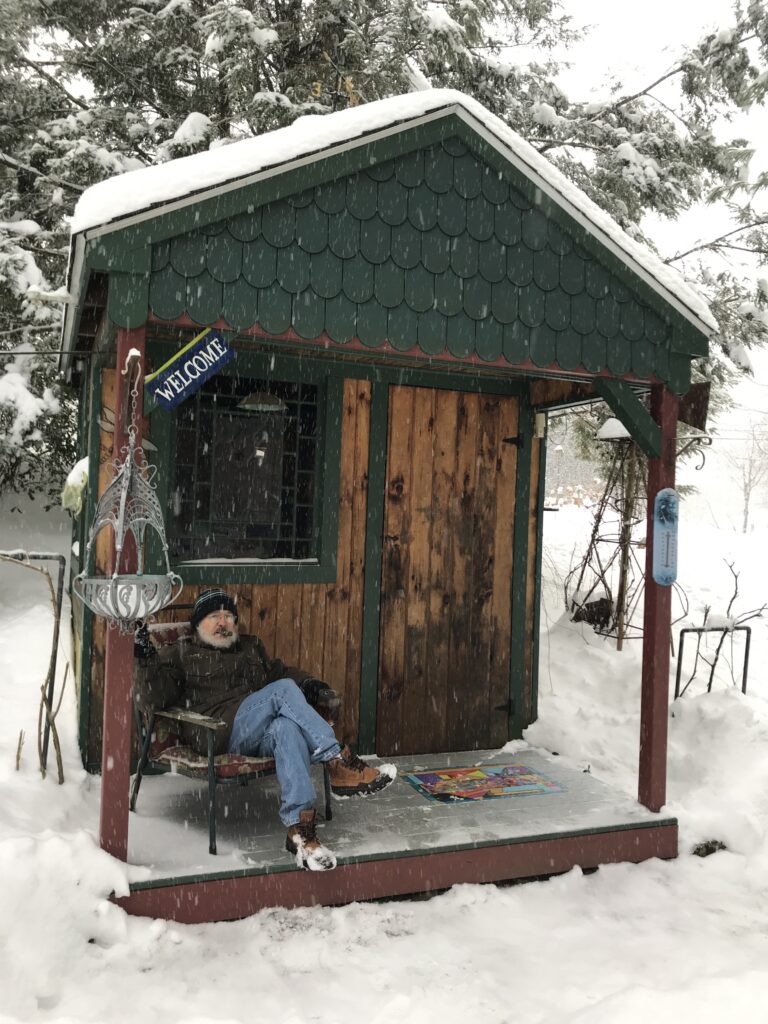
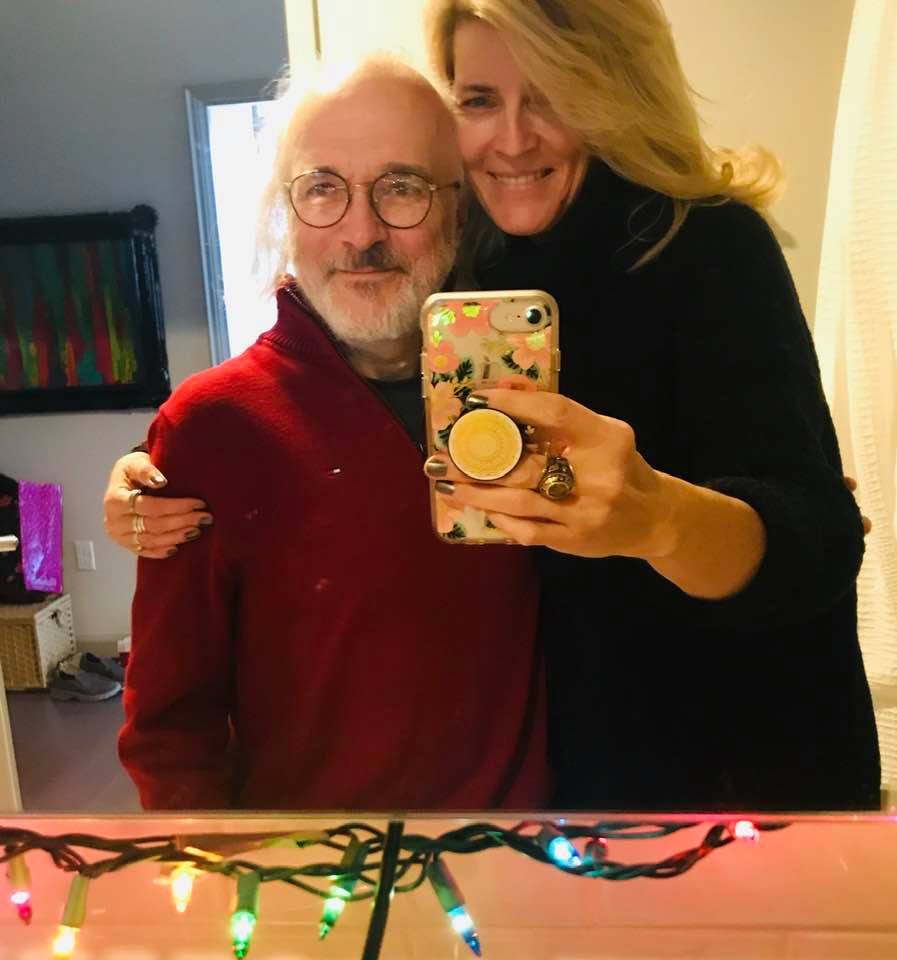
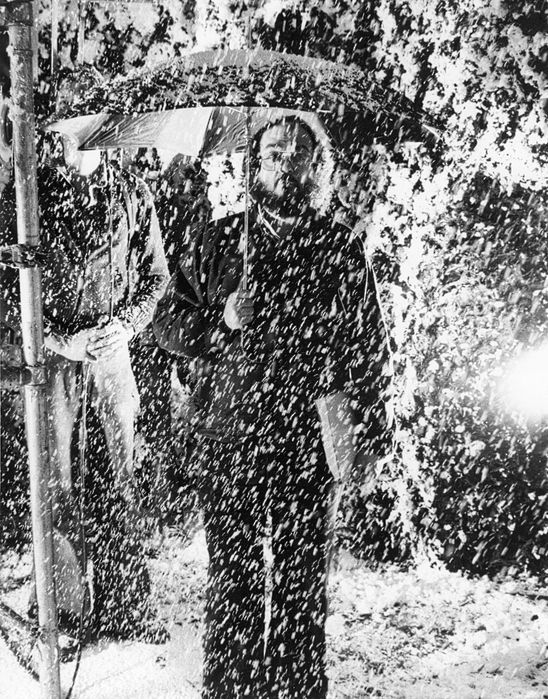
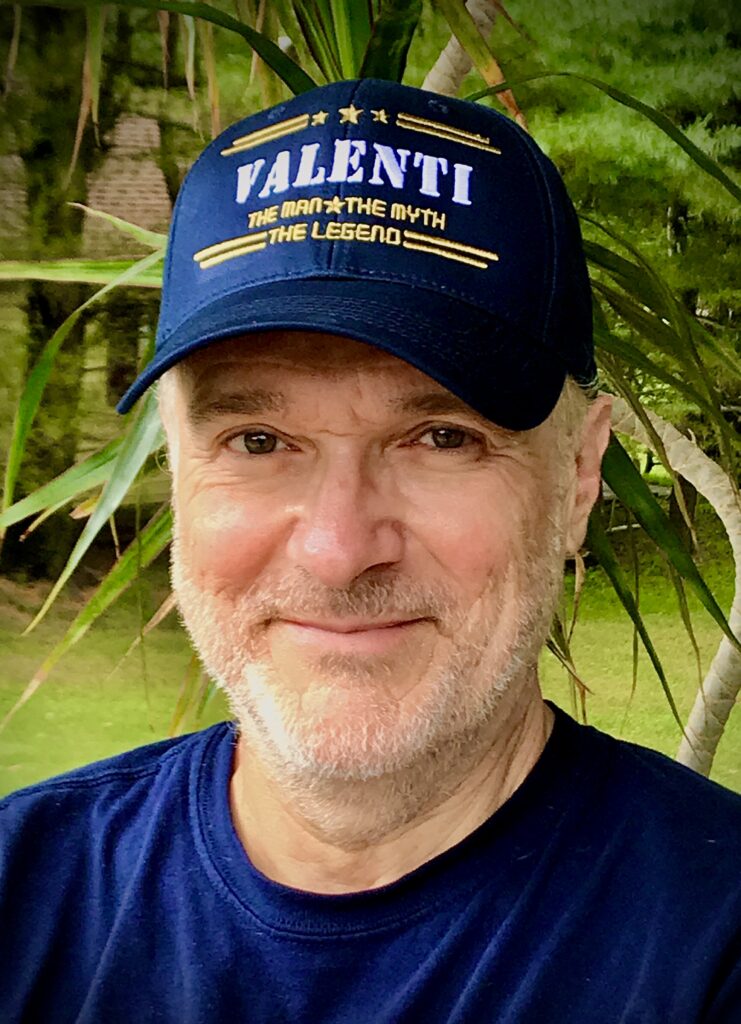
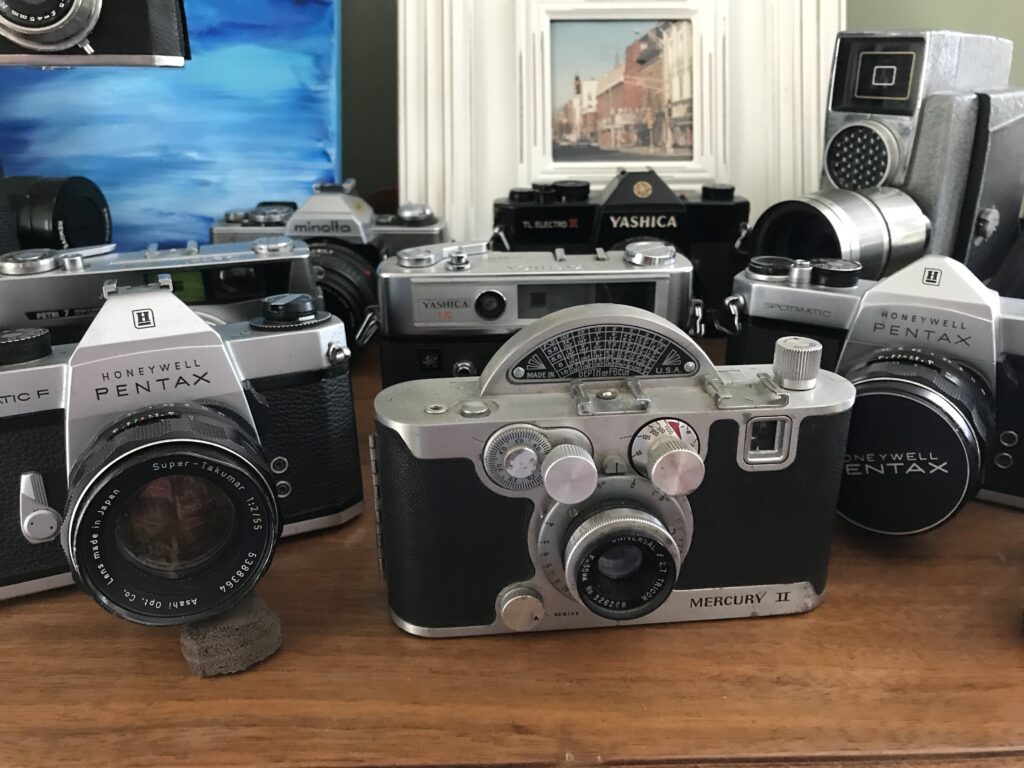

So that’s the “treatment” the “head injury surcharge” pays for…